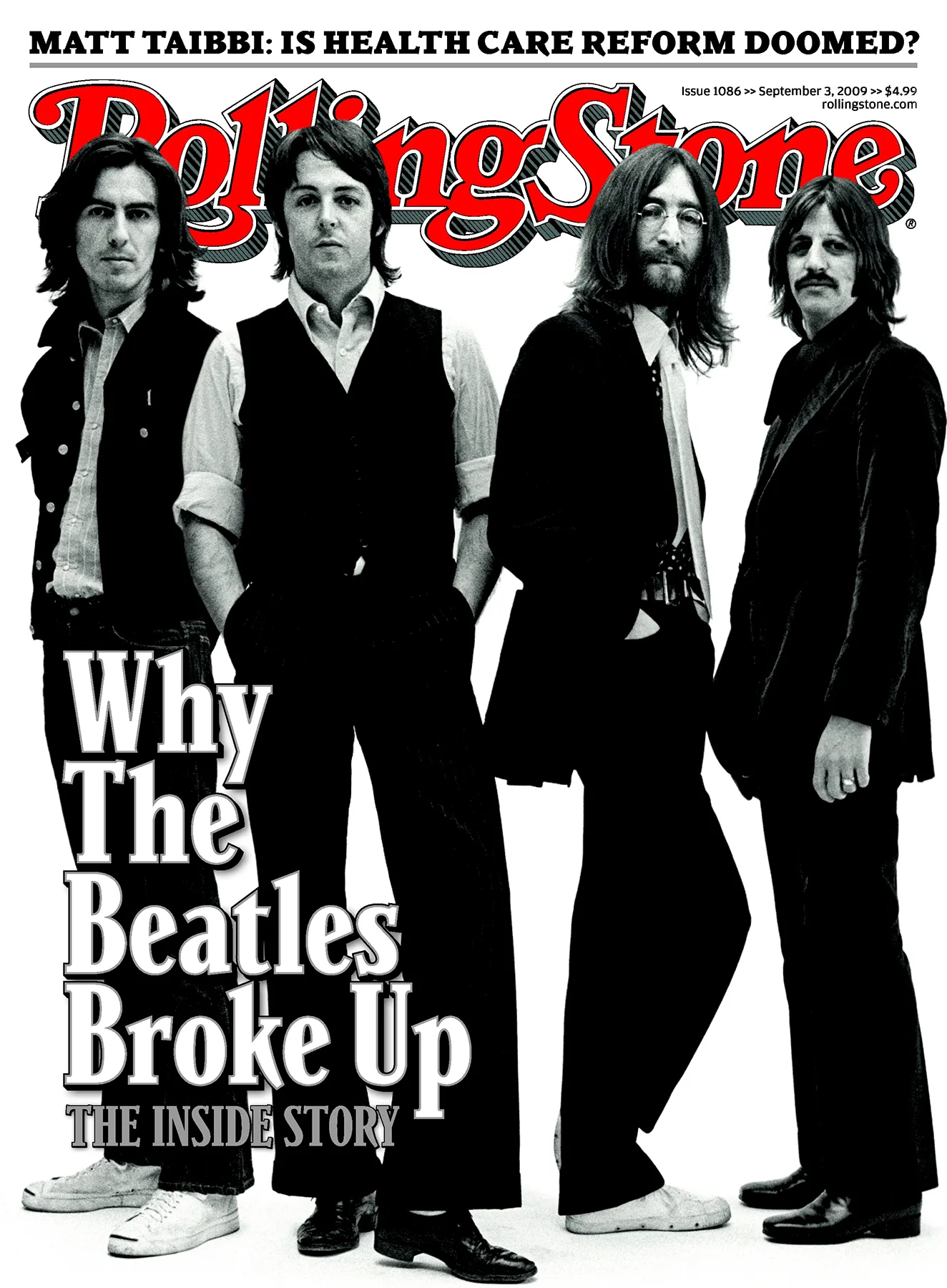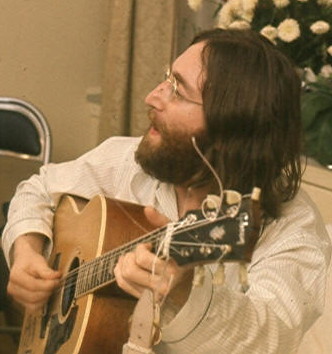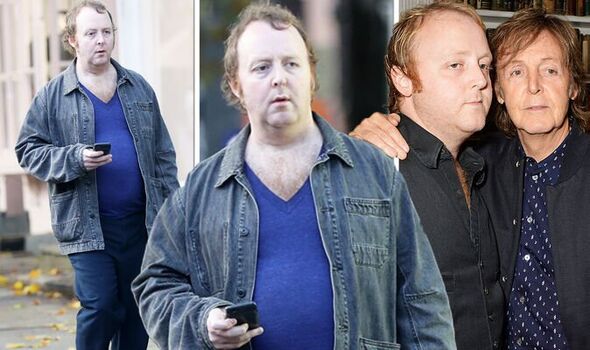The Beatles: Why They Disbanded in 1970 but Remain Cemented in Their Legacy
The Beatles, one of the most influential bands in history, disbanded in 1970, marking the end of an era that revolutionized the world of music and pop culture. Their breakup, which shocked fans globally, came after a decade of unparalleled success. Despite this split, their legacy remains as potent as ever, influencing countless generations of musicians and continuing to resonate with audiences worldwide. The reasons behind their disbandment, however, are as complex as the music they created.
Creative Divergence and Solo Ambitions
As with any group of talented individuals, creative differences within The Beatles became more pronounced as time went on. In their early years, John Lennon and Paul McCartney were the driving force behind the band’s music, with George Harrison and Ringo Starr contributing less to the songwriting process. However, as the group matured, both Harrison and Starr sought more creative input, especially Harrison, whose songwriting skills had blossomed. His songs like Something and Here Comes the Sun became hits, signaling his readiness to move beyond the shadow of Lennon-McCartney.
This creative divergence became more evident during the recording of their later albums. Lennon, influenced by avant-garde art and his relationship with Yoko Ono, leaned toward more experimental and personal music. McCartney, on the other hand, remained committed to pop-rock sensibilities, focusing on catchy melodies and production. As a result, the band’s musical direction became fragmented, leading to frustrations and tensions during recording sessions.
By the late 1960s, each member had begun pursuing solo projects. Lennon released singles like Give Peace a Chance and McCartney worked on what would later become his first solo album. Harrison, too, began collaborating with other musicians outside the band. These solo ventures hinted at their desire to explore individual artistic paths, which inevitably led to the group’s dissolution.
The Death of Brian Epstein
One of the most significant events leading to the Beatles’ breakup was the death of their manager, Brian Epstein, in 1967. Epstein had been instrumental in the band’s rise to fame, managing their career, handling their business affairs, and guiding their public image. His death created a leadership vacuum that none of the Beatles were equipped to fill. Without Epstein’s mediation, the band members struggled to agree on the future direction of the group.
In Epstein’s absence, McCartney attempted to take on a leadership role, which created further tension. Lennon, already frustrated with McCartney’s controlling tendencies, began to withdraw, both emotionally and creatively, from the group. The lack of a unifying figure like Epstein left the Beatles without a clear sense of direction, exacerbating their internal conflicts.
Business Disputes and Financial Strain
In addition to creative and personal differences, the Beatles also faced significant business challenges. After Epstein’s death, the band formed Apple Corps, a multimedia company intended to give them more creative and financial control over their work. However, the company was mismanaged, leading to mounting financial losses and disputes over how it should be run.
Lennon, Harrison, and Starr favored hiring businessman Allen Klein to manage the Beatles’ affairs, believing he could stabilize their finances. McCartney, on the other hand, wanted to bring in his father-in-law, Lee Eastman, to oversee the business. This disagreement created a rift that would prove impossible to bridge, adding another layer of strain to an already fragile situation.
Personal Tensions and Yoko Ono’s Influence
The Beatles’ personal relationships were also undergoing strain. John Lennon’s relationship with Yoko Ono, in particular, became a point of contention. Lennon brought Ono into the studio during recording sessions, breaking the band’s long-established dynamic. While Yoko Ono is often unfairly blamed for the Beatles’ breakup, her presence did highlight the growing distance between Lennon and the rest of the group.
Lennon himself was increasingly disillusioned with the Beatles, feeling that the group had run its course. In 1969, he privately informed the band that he was leaving, though this was not made public until McCartney officially announced the band’s breakup in 1970.
End of an Era, Beginning of a Legacy
Despite their disbandment, The Beatles’ influence has endured for over half a century. Their groundbreaking albums, including Rubber Soul, Revolver, Sgt. Pepper’s Lonely Hearts Club Band, and The White Album, continue to be celebrated as masterpieces. Their willingness to experiment with new sounds, recording techniques, and musical genres set them apart from their contemporaries and redefined what pop music could be.
Even after their breakup, all four members of The Beatles enjoyed successful solo careers. McCartney’s Wings and Lennon’s politically charged solo work expanded their influence. Harrison’s All Things Must Pass became one of the most acclaimed solo albums of any Beatle, and Starr enjoyed chart success with hits like Photograph.

Cemented in Music History
The Beatles may have disbanded, but their legacy is cemented in music history. Their ability to evolve, from the catchy pop tunes of their early years to the experimental rock of their later work, remains unmatched. They not only shaped the sound of modern music but also left an indelible mark on culture, fashion, and the attitudes of an entire generation. Even today, the band’s music continues to inspire, making The Beatles a timeless influence on the world of music and beyond.







